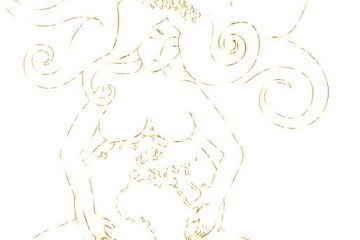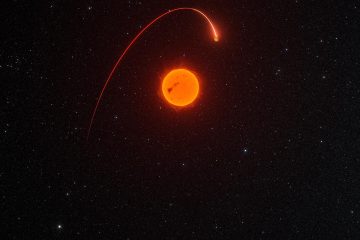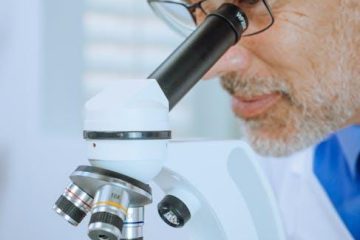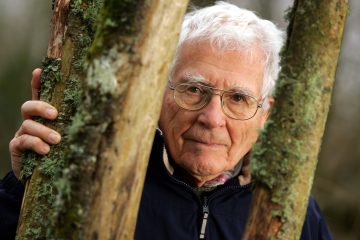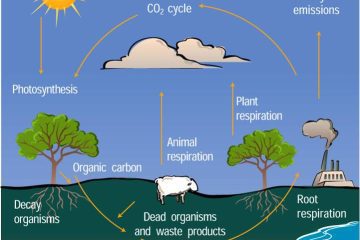James Lovelock
james lovelock gaia hypothesis pdf
The Gaia Hypothesis, proposed by James Lovelock, suggests that Earth functions as a self-regulating system where living organisms interact with their environment to maintain conditions for life. For detailed insights, explore the “James Lovelock Gaia Hypothesis PDF.”


